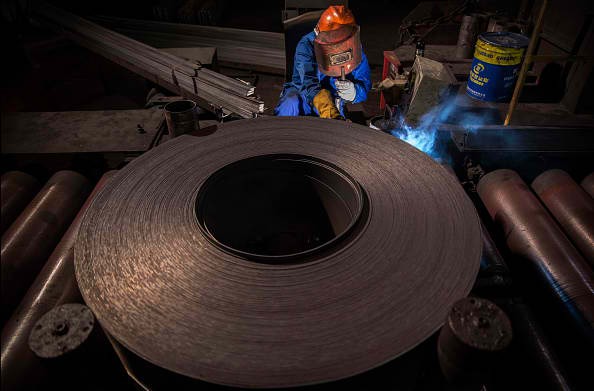The EU's newly issued rule will affect China's cold-rolled steel plates that will be imposed with duties between 19.7 and 22.1 percent.
China, as well as Russia, were accused of dumping or the practice of selling iron for far less than its cost in the EU market. At present, the EU market for steel is at $5 billion.
The imposed rise on tariff will affect the price of manufacturing industries in automobiles, appliances, and power. Prices are seen to increase because of the new regulation.
Primary producers of this type of steel are Russia's Magnitogorsk Iron & Steel Works OJSC, Novolipetsk Steel PJSC and Severstal PJSC; and China's Angang Steel Co. and Shougang group.
The EU is pushing for protection of European manufacturers who are suffering because of China and Russia's dumping practices.
Erofer, a European steel industry group filed a complaint to the EU after the rise of the two countries' share in the market. China's stake rose to 20.1 percent in 12 months, while Russia jumped to 9.8 percent.
According to Xu Yongbo, a steel market analyst, China has been striving to dominate the global market since 2012.
He said, "In some cases, enterprises would lower the price of an order if it was for an overseas customer instead of a domestic client, in order to seize overseas markets."
The China Iron and Steel Association (CISA) released a statement that in the last six months of 2016, there have been 24 legal cases of anti-dumping filed against China.
Another steel analyst, Ma Zhongpu, said that countries would always want their domestic producers to dominate the market.
"The 'anti-dumping' measures of some overseas governments are nothing but protectionism," Ma commented.




























